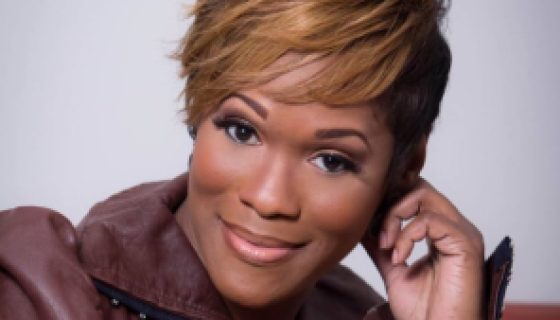VIA THE WASHINGTON POST:
The outlook isn’t brilliant for those of us hoping that the jurisdictions supporting Metro will step in to ease the impact of fare increases and service cuts needed to balance the budget.
It’s not that the battle is over, but we are getting to the point that the Metro board will have to make decisions based on financial reality. And at the moment, reality suggests Metro isn’t going to get any extra help. In fact, there are ways in which the news got worse in the past week.
All along, the only positive news was out of the Virginia jurisdictions, which at least have been holding open the possibility of raising more money to help offset Metro’s budget shortfall.
But all the contributing jurisdictions, including the District and Maryland, would have to up their shares. And the District and Maryland have signaled that this won’t happen.
This isn’t a question of stinginess on the part of the governments. They’re all in the same financial condition as Metro. Their revenue has taken a major hit. And just as Metro riders are asking that they be spared the impact of service cuts and fare increases, local residents are looking to preserve police, fire and education services.
Still, the Coalition for Smarter Growth, the Sierra Club, the Transit First Coalition and other transit advocates are lobbying and trying to raise public support.
Stewart Schwartz, executive director of the Coalition for Smarter Growth, had this to say at the first of the six Metro hearings on the budget:
In a joint campaign with partner conservation and transit advocacy groups, http://www.fairshareformetro.com, we advocate for $74 million in additional funding from the Metro jurisdictions.
“This will fund the $40 million unaccounted for and avoid the $34 million in service cuts. If the public is being asked to pay higher fares, then they should not also be asked to endure severe service cuts as well. It is fair to ask for the jurisdictional member governments to provide the additional funding.”
(Schwartz, by the way, puts his feet where his heart and mind are. He took Metrorail to the Vienna Station and then walked to the hearing site, something most people there — including me — had not done.)
Dennis Jaffe, who is leading the Sierra Club’s Metro funding campaign, reacted this way to D.C. Mayor Adrian Fenty’s budget proposal, which disappointed Metro advocates. Jaffe said the budget would “leave many train riders on the station platform and bus riders at the curb.” The District “can’t afford to do that. D.C. thrives on Metro service. These cuts would have a severely negative impact on riders, but they also would threaten the ability of small businesses, such as restaurants, to recover from the recession.”
Metro can’t make its case for financial support only to Metro riders. There aren’t enough of them in the overall population of the supporting jurisdictions. It must show the financially strapped local governments that Metro remains vital to the region’s recovery from the recession. It’s a resource that can’t be allowed to deteriorate.














